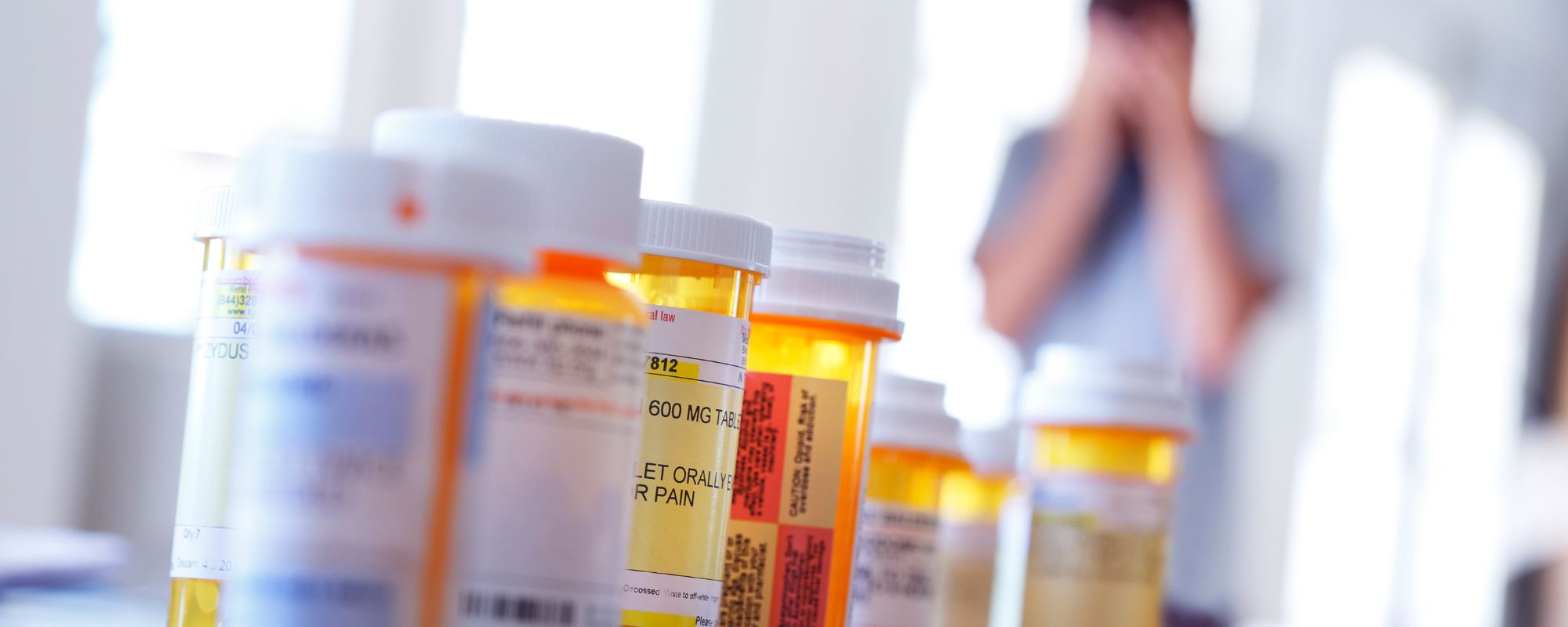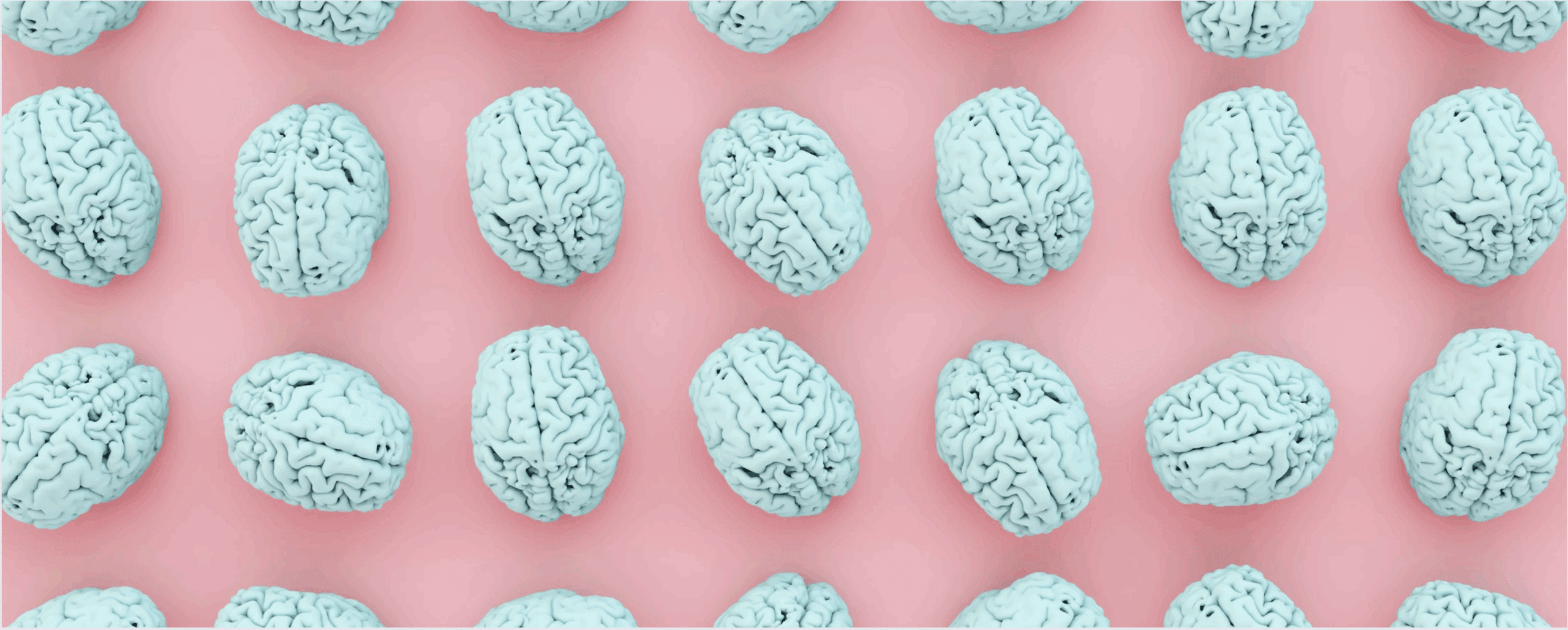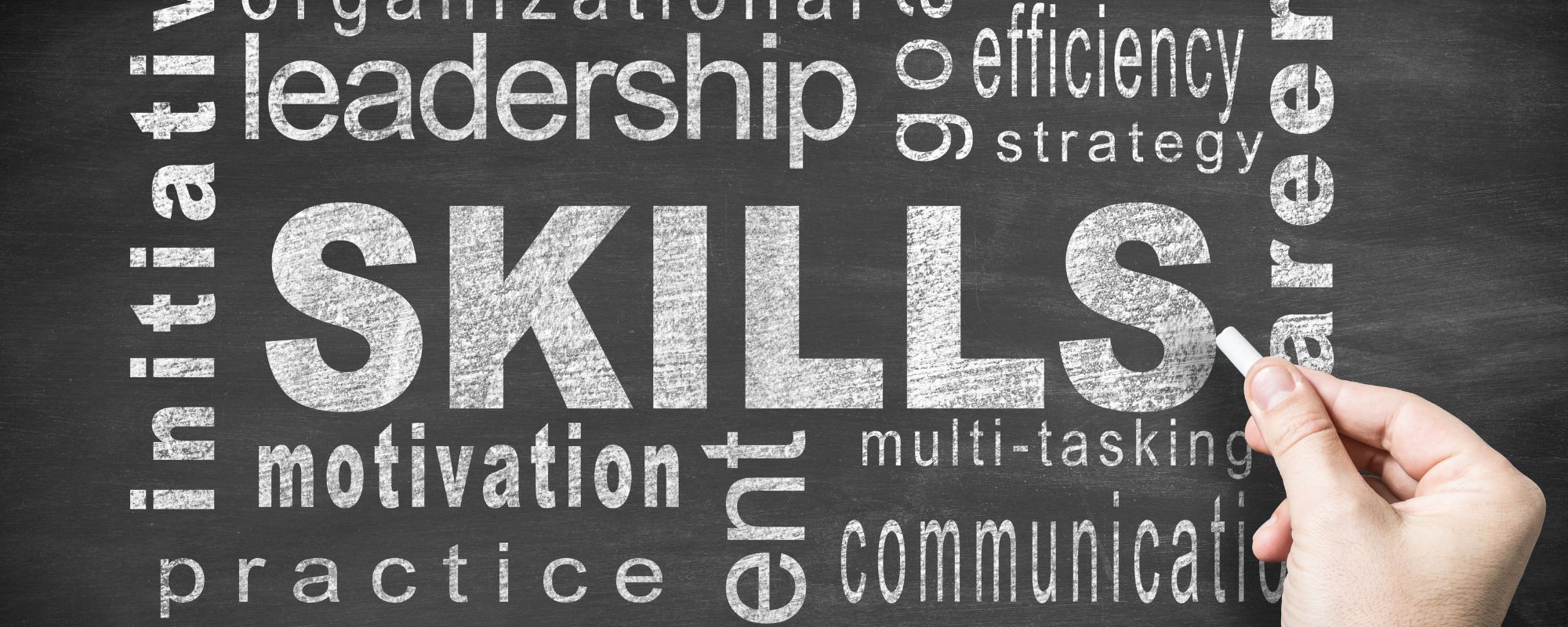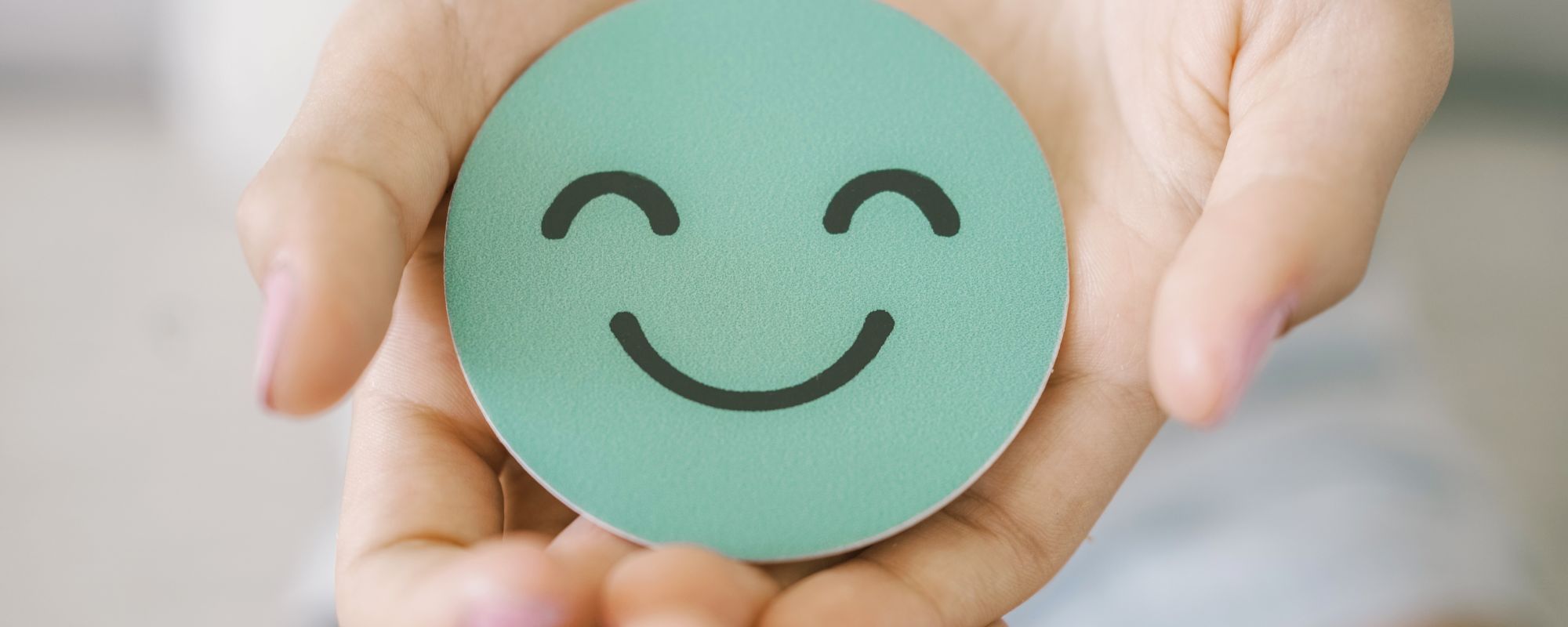For many people, alcohol is an enjoyable part of life when used in moderation. However, excessive drinking can quickly spiral out of control and lead to serious health, personal, and legal consequences. If your relationship with alcohol has become unhealthy, taking steps to cut back or quit drinking altogether may be necessary. If you’re wondering how to stop drinking alcohol, here are some tips that can help you get closer to sobriety.
When Does Drinking Become a Problem?
In today’s world, hanging out often involves having a drink, but it’s important to know when drinking might be becoming a problem. While having an alcoholic beverage now and then can be fun and social, it’s crucial to notice when it starts getting in the way of daily tasks, relationships, or overall happiness. If the desire for a drink starts causing issues, it’s a sign that things might be going too far.
The U.S. alcohol guidelines for American adults asserts that you should drink no more than one drink if you’re a woman and two drinks if you’re a man. If you’re drinking more than that, it’s time to take a closer look at your drinking patterns and consider changing them or stopping altogether.
Figuring this out early on helps people make smart choices and get help if they need it. Recognizing when drinking becomes a worry isn’t just about how much you drink, but also about how it affects your life. It’s a personal journey of understanding that lets people keep a good and balanced connection with alcohol.
Types of Problematic Drinking Patterns
According to the National Institute on Alcohol Abuse and Alcoholism (NIAAA), there are two types of problematic drinking patterns which include binge drinking and heavy drinking.
Binge drinking is defined as: A pattern of drinking that brings blood alcohol concentration to 0.08 grams per deciliter (0.08%) or higher.
- Binge drinking in men: 5 or more drinks in a 2-hour time frame
- Binge drinking in women: 4 or more drinks in a 2-hour time frame
Heavy drinking is defined as: A pattern of drinking in which an individual consumes excessive amounts of alcohol over the course of a day or throughout a single week.
- Heavy drinking in men: 4 or more drinks per day or 15 or more drinks per week
- Heavy drinking in women: 3 or more drinks per day or 8 or more drinks per week
Risks of Binge Drinking Alcohol
Binge drinking is characterized by consuming a large amount of alcohol in a short period of time. It’s particularly concerning because individuals often underestimate the risks involved, including:
- Accidents
- Alcohol poisoning
- Liver disease
- Heart problems
Binge drinking is alarmingly common among college students and young adults, though it can affect individuals of any age. Its episodic nature means that even those who don’t drink regularly can still be at risk for the serious consequences associated with high-intensity alcohol consumption.
Risks of Heavy Drinking
Unlike binge drinking which occurs in short bursts, heavy drinking involves a consistent pattern of drinking alcohol over time. This chronic exposure to alcohol greatly increases the risk of developing diseases such as:
- Cirrhosis of the liver
- Certain types of cancer
- Stroke
- Heart disease
Heavy drinkers may also experience mental health problems like depression and anxiety as a result of their alcohol use. Those who drink heavily and already struggle with mental illness often experience a worsening of their symptoms over time.
What makes heavy drinking particularly problematic is its ability to become an entrenched part of an individual’s lifestyle, making it harder to recognize and address than patterns like binge drinking.
Signs Your Drinking May Have Become Unhealthy
In general, casual drinking means having a few drinks on occasion without letting alcohol take over your life. Drinking becomes problematic when it escalates out of control and causes harm. Signs of problem drinking include:
- Needing more alcohol to get the same effect (tolerance)
- Unsuccessful attempts to cut back on drinking
- Spending a lot of time obtaining, using, or recovering from alcohol
- Giving up activities you once enjoyed in order to drink
- Continued drinking despite physical, mental, or social harm
Many factors can contribute to unhealthy drinking, including genetics, trauma, mental health issues, peer pressure, and more. According to the 2020 National Survey on Drug Use and Health, 14.5 million Americans ages 12 and older have an alcohol use disorder.
What Are the Signs and Symptoms of Alcohol Abuse?
A main sign of alcohol abuse is continued drinking despite negative consequences in your life. Sometimes functioning alcoholics have a hard time seeing that their drinking is problematic. Though people with alcohol use problems are still colloquially referred to as “alcoholics,” the clinical term is an alcohol use disorder. To meet the DSM-5 diagnostic criteria for an alcohol use disorder you only need to meet two of the below criteria over the past year:
- You’ve tried to curb or quit drinking alcohol without success more than once.
- You need to drink more amounts of alcohol to get the same desired effects (alcohol tolerance).
- You’ve continued drinking though it’s impacted your relationships.
- You’ve been unable to fulfill responsibilities or obligations because you’ve been ill from drinking.
- You’ve drank more alcohol than you’ve intended or over a longer period of time than you wanted.
- You’ve continued to drink even though it’s impacted your physical or psychological health.
- You’ve spent increasing amounts of time drinking or recovering from alcohol use.
- You’ve had ruminating thoughts about using alcohol.
- You’ve experienced alcohol withdrawal symptoms when you’ve decreased alcohol intake.
- You’ve decreased or given up responsibilities or activities because of alcohol use.
- You’ve gotten into more than one unsafe situation while drinking or after drinking.
The severity of an alcohol use disorder (AUD) is determined by the number of criteria you meet. A mild AUD is 2-3 symptoms; a moderate AUD is 4-5 symptoms; and a severe AUD is at least six symptoms.
How to Recognize the Signs and Symptoms That Someone Is Abusing Alcohol
People who struggle with alcoholism may try to rationalize or excuse their drinking patterns. This often leads to conflicts with family members and loved ones attempting to confront a person’s problematic drinking patterns.
To help you get a better idea of what alcohol addiction looks like, here are some of the most common signs of alcohol abuse.
Physical signs of alcohol abuse:
- Slurred speech
- Lack of coordination
- Bloodshot eyes
- Smell of alcohol
- Blackouts or memory lapses
- Tremors
- Impaired concentration
- Frequent illness
Behavioral signs of alcohol abuse:
- Drinking alone
- Hiding alcohol
- Lashing out at loved ones
- Driving while intoxicated
- Legal issues
- Poor performance at work or school
Psychological signs of alcohol abuse:
- Depression
- Paranoia
- Mood swings
- Lack of motivation
- Difficulty processing emotions
Long-term health risks of alcohol abuse:
- Liver disease
- Ulcers
- Gastritis
- Malnutrition
- Cancer
- Brain damage
- Heart disease
If you recognize any of the signs of alcohol abuse in someone you love, it may be time to hold an intervention. This list can act as a guide to help point out a loved one’s unhealthy drinking habits. In doing so, they can re-evaluate their relationship with drinking and find help. The sooner you act, the faster you and your loved one can begin to recover.
Get confidential help from our addiction and mental health treatment facilities located across the United States. Call to join one of our quality programs today!
Speak With Our Admissions TeamBenefits of Stopping Drinking Alcohol
The benefits of stopping drinking are endless. Without the negative effects of drinking, such as hangovers and poor decision-making, you’ll be able to experience the following benefits:
- Improved physical health
- Better mental health
- Healthier relationships
- Financial security
Physical Benefits of Stopping Drinking Alcohol
One of the most immediate and impactful benefits of stopping drinking alcohol is the significant improvement in physical health. Alcohol consumption is linked to various health issues such as liver disease, heart problems, and decreased immunity. When you stop drinking alcohol, you give your body a chance to repair any damage and improve your sense of well-being.
Alcohol is a depressant that can drain your energy levels, leaving you feeling exhausted the next day. By eliminating alcohol from your life, you’ll experience increased energy levels and be more productive throughout the day. Quitting alcohol can also lead to better sleep patterns and more restful nights. Alcohol disrupts your sleep cycle, preventing deep, restorative sleep. Without it, your body can follow its natural rhythms, leading to improved mental clarity and energy levels throughout the day.
Since alcohol causes inflammation throughout the whole body, people who quit drinking often notice clearer skin, weight loss, and brighter eyes. The longer you stay sober, the better you’ll look and feel as your body hydrates and cleanses itself from toxins.
Mental Health Benefits of Quitting Alcohol
Quitting alcohol can also lead to improved mental health. While alcohol is often used as a coping mechanism for stress or other emotional issues, it only masks the underlying problems. Alcohol use is closely linked with anxiety, depression, and mood swings—by cutting it out of your life, you may see a decrease in these symptoms.
The clarity that comes with sobriety allows for better decision-making processes and fosters a stronger sense of self-awareness and control over your actions. Sobriety also allows for an honest evaluation of your mental state and provides the opportunity to seek proper treatment if needed.
Relationship Benefits of Quitting Alcohol
Oftentimes, those struggling with alcohol addiction may prioritize alcohol over spending quality time with their partner or family. Alcohol abuse can also lead to infidelity, dishonesty, and arguments that can strain a relationship. By giving up drinking, you can be more open and honest in your relationships and create lasting memories together.
When you stop drinking alcohol, you can also build new friendships with others who are also sober. These sober relationships can provide support, understanding, and guidance on navigating life without alcohol.
Sobriety also opens up the possibility for new and healthier activities to enjoy with your friends and family. Instead of spending time at bars or drinking at home, you can engage in activities that promote genuine connection, such as hiking, cooking together, or joining a yoga class.
Financial Benefits of Stopping Drinking Alcohol
Drinking can also take a toll on your finances. Whether it’s spending money on drinks at bars or restaurants or paying for damages caused by drunk driving, alcohol can be a drain on your bank account. After you quit drinking, you release yourself from the financial burden of purchasing alcohol and its consequences.
Not only will this benefit your financial situation, but it can also help reduce stress and anxiety related to financial struggles. This newfound financial freedom can also open up opportunities for travel, education, and personal growth. In recovery, you’ll have more time and money to participate in fulfilling sober activities and passions that contribute to your happiness and satisfaction in life.
Simple Ways to Stop Drinking: Home Remedies and More
Choosing not to drink might not sound like a thrilling idea for those on the brink of alcoholism. For individuals grappling with a substance use disorder, it might even seem downright impossible. However, kicking the habit is entirely achievable, and the positive effects on your body when you decide to stop drinking are extensive.
If you’re looking for simple ways to stop drinking, you won’t find one. That said, here are some helpful steps to drink less or quit alcohol completely:
- Dump out all alcohol in your home so it’s not conveniently available.
- Avoid bars and social occasions centered on drinking.
- Create a daily routine.
- Be aware of triggers that make you drink like stress or loneliness, and have backup coping plans.
- Pick up new hobbies to fill free time. Exercise, meditate, enjoy self-care, connect with sober friends, immerse yourself in work.
- Consider attending support groups like Alcoholics Anonymous or SMART Recovery to build a sober network.
- Talk to your doctor about medication to stop drinking, curb cravings, and promote abstinence.
- Set goals like participating in a sober challenge month or commit to an alcohol-free trial period.
How Do I Stop Drinking Alcohol For Good?
If you find yourself asking “how do I stop drinking alcohol” then you are not alone. Alcoholism is a prevalent issue that affects millions of people worldwide. It can be difficult to break the cycle of alcohol addiction, but it is possible with determination and support.
Here are some tips to help you stop drinking alcohol:
- Acknowledge your desire for change. By accepting that you want to stop drinking, you begin the process of defining your “why.”
- Understand why you want to stop drinking. Is it negatively affecting your health, relationships, or happiness? Once you have a clear reason for wanting to quit, it will be easier to keep your commitment.
- Set clear, achievable goals. Whether you decide to cut back gradually or quit cold turkey, having a plan tailored to your needs and goals is crucial.
- Seek support from friends, family, and professionals. Loved ones and addiction treatment providers can offer the encouragement and guidance you need to recover.
- Engage in new activities or hobbies that don’t involve alcohol. This can help fill the void that might be left in your routine while avoiding triggers and temptation.
- Educate yourself about the health risks associated with drinking and the benefits of quitting alcohol. This knowledge can motivate you to stay sober and healthy.
- Monitor your progress and celebrate big and small victories. This can help to reinforce your commitment to sobriety, even in moments of worry and self-doubt.
- Be patient and kind to yourself during the recovery process. Setbacks can happen, but they don’t define your path forward.
Always remember that seeking help is a sign of strength, not weakness, and numerous resources are available to support you in achieving your goal of stopping drinking alcohol.
If you are struggling to get and stay sober, we encourage you to consider seeking professional help from an alcohol rehab center or joining a support group such as Alcoholics Anonymous. With a willingness to try, comprehensive support, and an individualized plan in place, breaking the cycle of alcohol addiction is possible.
Alcohol Addiction Treatment: The Best Way to Stop Drinking Alcohol
The best way to stop drinking alcohol is by seeking professional help through alcohol addiction treatment. Alcohol addiction, also known as alcoholism or alcohol use disorder (AUD), is a chronic and progressive disease that can have serious consequences on an individual’s life and health.
Alcohol abuse treatment usually involves a combination of medical treatments, therapies, addiction counseling, psychoeducation, life-skills training, and support groups. It is important to seek help from trained professionals who understand the complex nature of alcohol addiction and can provide personalized care to address your specific needs.
When starting treatment for alcohol addiction, the first step is joining an alcohol detox program. These programs offer 24/7 medical care and supervision as you undergo the detoxification process. During detox, your body rids itself of alcohol and other toxins as you receive around-the-clock support to ensure your safety and comfort. Alcohol detox centers can also provide medication-assisted treatment services to manage alcohol withdrawal symptoms and cravings.
Looking for quality treatment for substance abuse and mental health that’s also affordable? Aliya Health Group's treatment facilities accept most major insurance providers. Get a free insurance benefits check now!
Check Your CoverageGet Help to Stop Drinking Alcohol
If you or a loved one is struggling with alcohol abuse, Aliya Health Group can help. Our drug and alcohol addiction treatment centers offer evidence-based programs that are tailored to your individual needs. Our holistic approach treats the underlying causes of addiction through a variety of treatment services to heal the mind, body, and spirit. In doing so, we equip you with the tools needed for lifelong wellbeing and sobriety.
We offer alcohol addiction treatment programs including:
- Alcohol detox program
- Inpatient alcohol rehab program
- Outpatient alcohol rehab programs
Our comprehensive alcohol rehab services include:
- Medical detoxification: Safe and effective monitoring and management of alcohol withdrawal symptoms to lay the foundation for lasting sobriety.
- Medication-assisted treatment (MAT): FDA-approved medicine to stop drinking alcohol, minimizing cravings, and help you stay sober.
- Individualized therapy: CBT, dialectical behavior therapy, EMDR to help you process trauma, identify root causes of addictive behaviors, and build healthy coping skills.
- Group counseling: Social support and accountability with a focus on relapse prevention, life skills, and 12-step principles to help you progress through the early stages of recovery.
- Luxury amenities: Complementary services to support whole-person healing like massage, acupuncture, yoga, personal training, and nutrition counseling.
- Aftercare and alumni programs: Continuing care services help reinforce the coping skills and progress made in recovery to promote long-term sobriety after rehab.
At Aliya Health Group, our alcohol rehabs can help you build a comprehensive “toolkit” to help you stop drinking alcohol. As you work through alcohol treatment, you will continue to grow and recover from alcoholism.
Take the first step and call us today. Our experts provide free consultations to review treatment options and answer any questions. You deserve an amazing life free from alcohol dependence. We can help make that a reality.















